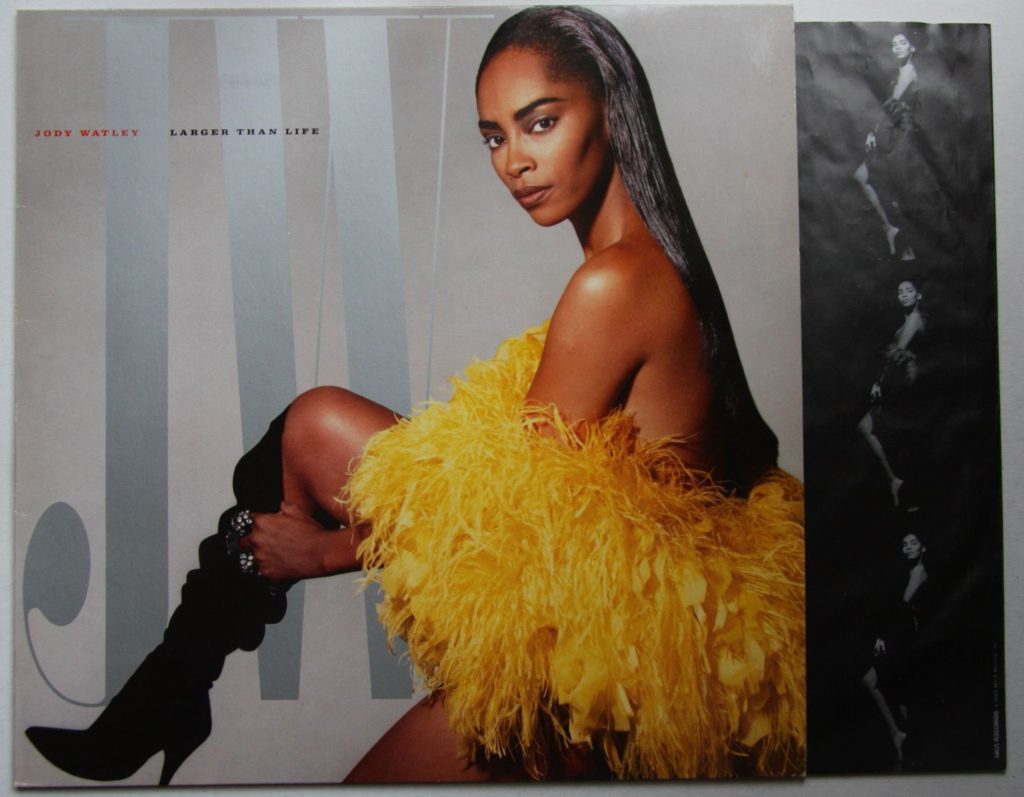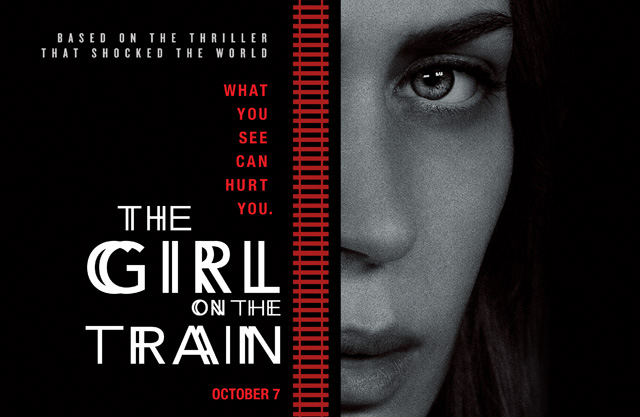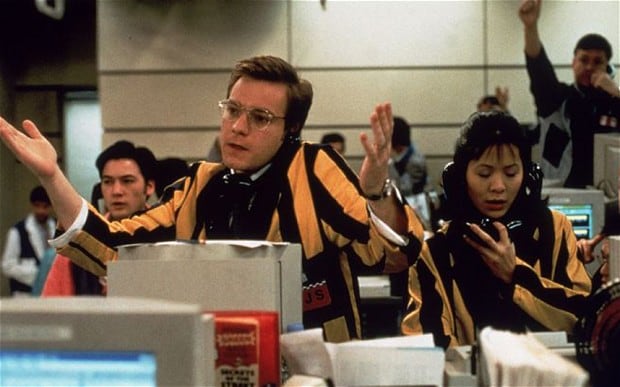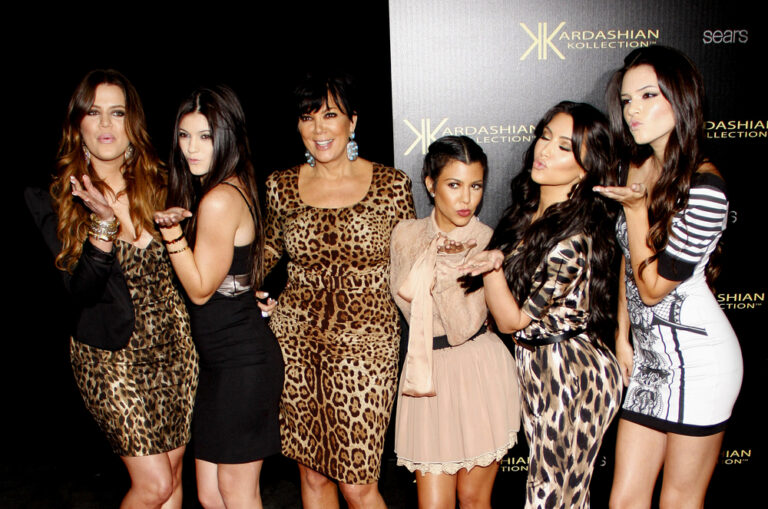
fciwomenswrestling.com, femcompetitor.com article, pexels.com pixabay.com photo
Virtually all pathways of life are strewn with landmines of loss that we would love to avoid but simply can’t.
Some we have completely no control over and thus should take no responsibility for such as the loss of a loved one, natural disasters that decimate our belongings or the failure of a marriage due to a mate committing adultery.
As far as the last one, some psychiatrists might disagree but in our view no matter how bad a marriage is, there are other options to address the issues involved other than cheating on your spouse.
Adultery seems to speak to a person’s selfishness (especially when there are children involved) morals, values and eternal makeup.
The question that we have here, with an eye towards taking responsibility to create a better future life, is to briefly look at the types of loss that we all might have some measure of control over and lost perhaps due to mistakes on our part.
We lost what we once had, like the relationship with an important friend, lover or even a sibling.
The areas of finance come into play as well. What did we do that contributed to our financial problems? Are there certain behaviors that need to change in the future?
What about the loss of a job. Is there something that we could have done, even politically to preserve it?
To help us achieve some answers let’s first turn to song.
A timeless classic that speaks to having love right in front of us and losing it is Ms. Jody Watley’s emotional masterpiece simply titled, Everything.
About Jody.

At jodywatley.net they share, “Grammy Award Winning Pop/R&B/Dance and Style Icon Jody Watley has the distinction of being named “one of the most prominent visionaries of her era” by Wax Poetics magazine, one of America’s 50 Most Beautiful People by People Magazine and one of the Greatest Dance Club Artists of All Time by Billboard Magazine in 2016. Jody Watley is also an award winning songwriter with BMI.”
The pain of the lyrics speak for themselves.
Lately I feel so alone
can’t find the joy
You know that Id be with you now
If I had the choice
I know I hurt you when I said goodbye
And I don’t know the reason I ever stopped believin
I never needed anyone but you
I was too blind to see
When you belonged to me
You were my everything
Now Id give anything
To feel the love you bring
You were my everything
They say time can mend a broken heart
Can fix you up
But my life will never ever be the same
Without your touch
I know you’re still afraid to let me in
And I don’t blame you really
I wouldn’t let you see me
I took for granted you would always be there
Remember with YouTube, listen to it while it lasts or it could be lost forever.
https://www.youtube.com/watch?v=gD0GJrm8lYE
One of our associates lived the pain and lyrics of this song in real life and real time. He had an opportunity to have love with a girl in high school who was younger.
He eventually ended their potential relationship because he felt that she was too young (14).
Or, on a conscious level, so he thought.
Over 20 years later when he was forced to come to terms with his teenage past, through peeling the layers in his subconscious, the evidence suggested otherwise.
He lost her due to his lack of courage.
When he had to confront his loss, Jody Watley’s Everything played over and over again in his mind.
As we turn to film there is an absolute powerful opening monologue in the thriller The Girl On The Train.

The Girl on the Train is a 2016 American mystery thriller drama film directed by Tate Taylor and written by Erin Cressida Wilson, based on Paula Hawkins‘ 2015 debut novel of the same name.
The film stars Emily Blunt, Rebecca Ferguson, Haley Bennett, Justin Theroux, Luke Evans, Allison Janney, Édgar Ramírez, and Lisa Kudrow, and follows an alcoholic divorcée who becomes involved in a missing persons investigation.
The key is to listen to the opening dialogue played out in the mind of the girl on the train as she travels past the neighborhood where she used to live, mourning the life she used to have and the family that she could have formed and nurtured.
We rewound and listened to it over and over.
In her case, her deep losses she had little control over but still, she did not react properly to the loss.
In the case of losses that we can learn from and alter our future to lessen the chances that they might repeat again, there seems to be one consistent train of thought.
Take responsibility for your actions that led to the loss.
That, our friends, is much harder than you think.
What is the initial temptation?
To blame others. Blame everyone except ourselves.
That is a mistake.
The expression “take responsibility” means to accept the negative consequences of a mistake and understand the role that you played in it.
Keep looking within. Keep digging.
Further insight on this discussion is found at Psychology Today in Jennifer Hamady’s November 5, 2013 enlightening article entitled Accepting Responsibility. There she shares, “I’ve always been intrigued by the word ‘responsibility’ and how often it gets confused with blame, which of course implies that someone or something is at fault for a given situation.
Responsibility, on the other hand, to me is something vastly more powerful, as well as empowering. As the language suggests, it is a ‘response ability’: the ability to choose our response in every moment to all that is going on around us. A choosing that allows us to claim ownership of the circumstances of our lives, and thereby, to contribute to making them better.”
That is the most important part of taking responsibility.
It speaks to your great abilities.
The purpose of taking responsibility is not to wallow in blame, as our associate did, but to learn from the mistake so you can contribute to a better future.
To further widen our well spring on this thinking, let’s stay with Psychology Today but travel into the future.
In his penetrating February 21, 2017 article entitled Be Responsible For Your Relationships, Mr. Barton Goldsmith Ph.D. expresses, “My life’s work has revolved around the study of relationships—including friendships, acquaintanceships, partnerships, and any other human interaction that we tend to bring into our lives—and make no mistake, we are 100 percent responsible for our relationships. We create them in our minds and hearts, and we have a hand in the twists and turns they take.
If you don’t accept responsibility for your relationships, and you are unhappy in one or more, look to yourself first. It’s very easy to blame someone else for your uncomfortable feelings, so be sure to look at how you may have contributed to whatever is upsetting you at the moment.”
Very good point.
In terms of our finances here is an expression that is timeless.
“Love many, trust few, and always paddle your own canoe”. This self-reliance proverb was popularized in the 1850s.
So much of finances boils down to living within your means.
What could be more honorable?
To “live within your means” simply means to spend less on your lifestyle than you generate in earnings. Your “means” is your income. To live within that threshold, spend less than you earn.
And save too.
It always eventually rains doesn’t it?
In terms of film, this story played out so powerfully in one of Ewan McGregor’s earliest and most impacting roles in Rogue Trader.

Rogue Trader is a 1999 British biographical drama film written and directed by James Dearden and starring Ewan McGregor and Anna Friel. The film centers in the life of former derivatives broker Nick Leeson and the 1995 collapse of Barings Bank. It was based on Leeson’s 1996 book Rogue Trader: How I Brought Down Barings Bank and Shook the Financial World.
What stunned us when we first watched the film, glued to the screen, was how both Nick Leeson became increasing irresponsible and more importantly how the bank had such little safeguards in place to prevent this colossal collapse.
Barings wasn’t just any bank.
Barings Bank was a British merchant bank based in London, and the world’s second oldest merchant bank (after Berenberg Bank). It was founded in 1762 and was owned by the German-originated Baring family of merchants and bankers.
So if you have suffered a severe loss that you in part contributed to, please take heart because taking responsibility is not about blame.
Taking responsibility is about learning from your mistakes and making changes so that you can build a better future.
It is a skillset. It is an ability.
~ ~ ~
OPENING PHOTO fciwomenswrestling.com, femcompetitor.com article, pexels.com pixabay.com photo
https://jodywatley.net/jodywatleybio/
https://www.psychologytoday.com/blog/finding-your-voice/201311/accepting-responsibility
https://en.wikipedia.org/wiki/The_Girl_on_the_Train_(2016_film)
https://www.psychologytoday.com/blog/emotional-fitness/201702/be-responsible-your-relationships
https://www.kitces.com/blog/live-within-your-means-recommended-happiness-spending-threshold-75000/
https://en.wikipedia.org/wiki/Rogue_Trader_(film)
https://en.wikipedia.org/wiki/Barings_Bank



